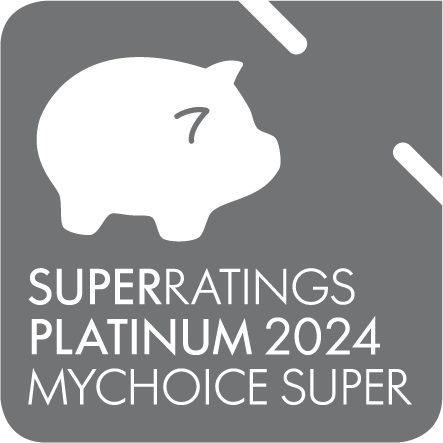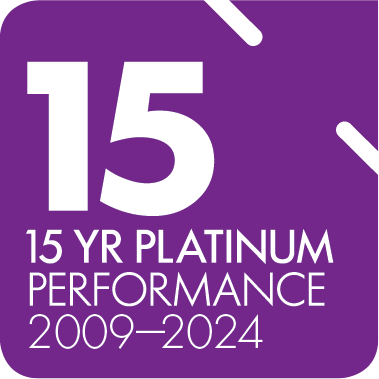Nominating beneficiaries and why it’s important
Do you know who would receive your super if you were to die?
Unlike your house or your car, superannuation doesn't automatically form part of your estate when you pass away. That means its distribution is handled by the trustee of your super fund.
Making a binding beneficiary nomination ensures your super, including any insured benefits, goes to the people you want.
Without a binding nomination, the trustee will decide how your funds are distributed, which may not align with your wishes. Binding beneficiary nominations also help avoid delays, legal disputes, and confusion during a difficult time.
How to nominate a beneficiairy
If you want to ensure that your super is distributed according to your wishes you need to complete and return a binding death benefit nomination. You can do so via the beneficiary forms on this page.
Alternatively, you can opt for a non-binding death benefit nomination. This enables you to express a preference for who should receive your super, but isn't legally enforceable. This process can be completed by logging into your account and selecting 'beneficiaries' from the main menu.
We've outlined the difference between binding and non-binding beneficiary nominations - and how they can impact the distribution of your super and associated insurance benefits - below.








